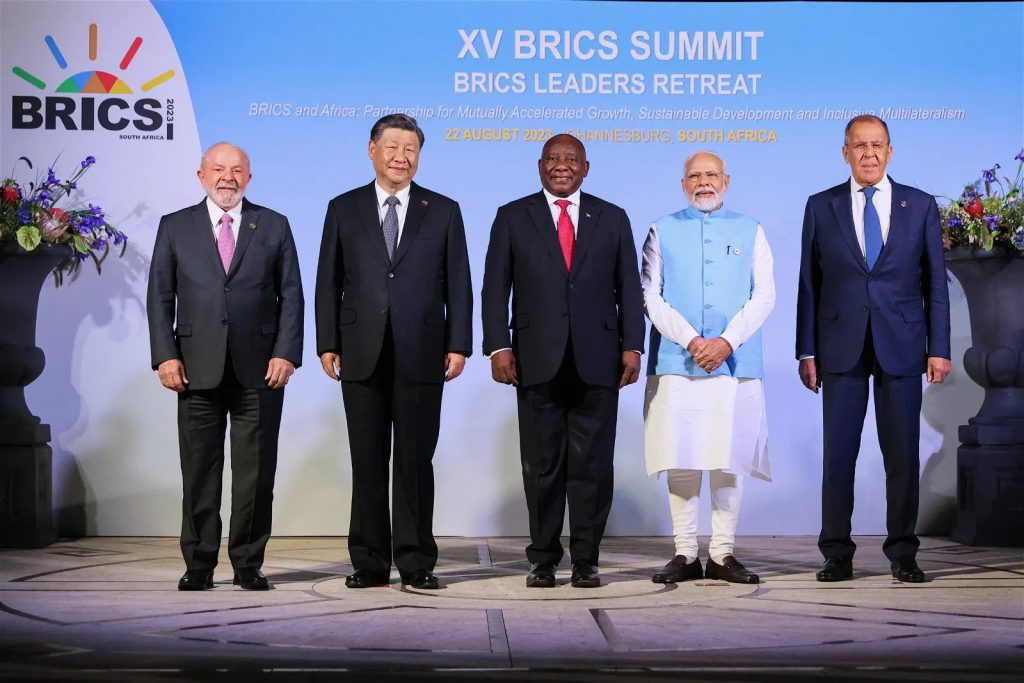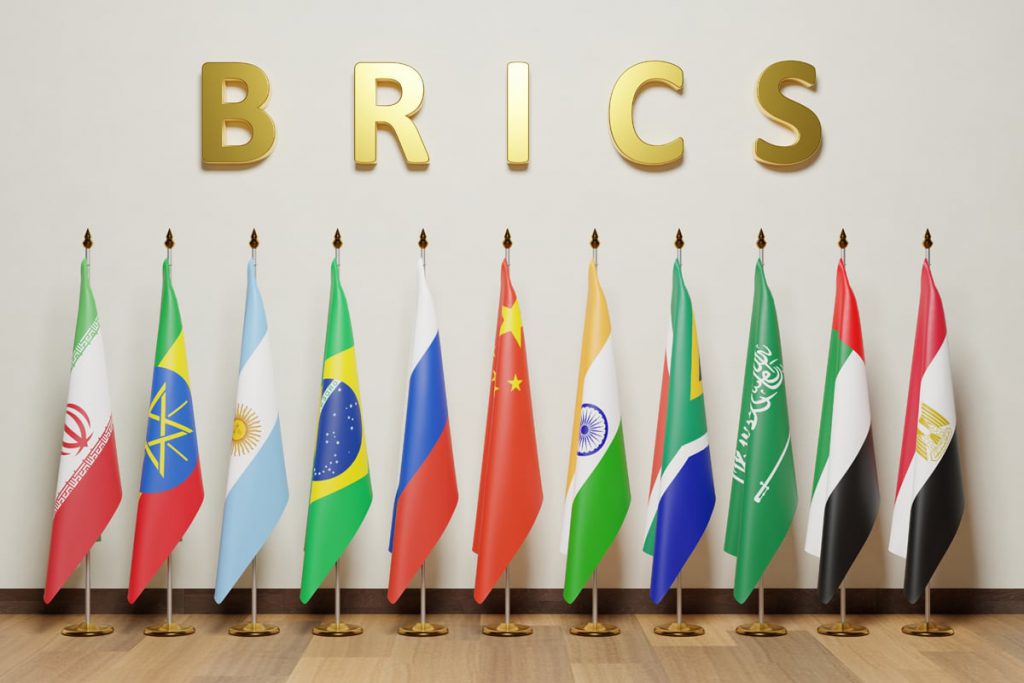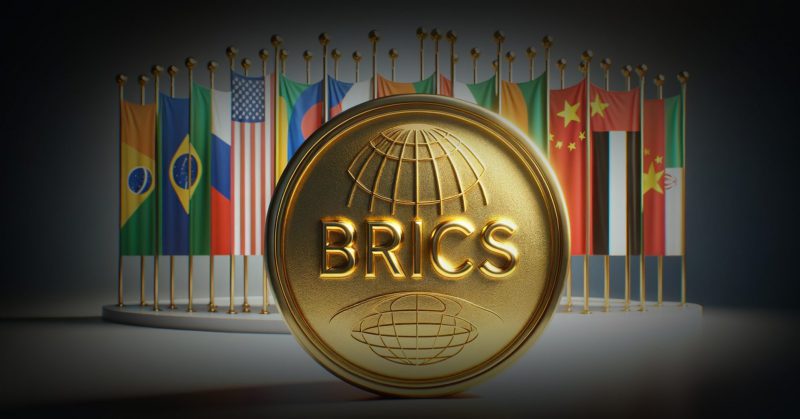Alongside the alliance’s de-dollarization commitment, BRICS is continuing the development of its own currency and payment system. Indeed, Brazil’s emissary in the G20, Mauricio Lyrio, told Russia’s state-owned news agency, TASS, of the collective ongoing commitment to its own payment infrastructure.
Lyrio noted that the subject was a key part of Russia’s BRICS presidency in 2024. Moreover, the statement arrives after major developments in the economic alliance in the realm of digital currencies. Specifically, Russia announced legislation authorizing the use of digital assets in international trade.


Also Read: US Dollar-Dominated World Will End Soon, Says BRICS Ambassador
BRICS Maintain Focus on Native Currency and Payment System in 2024
For the BRICS economic alliance, 2023 proved to be a monumental year. Specifically, the collective welcomed five additional members, enacting its first expansion effort since 2001. Now, heading into the new year, the alliance is ensuring its focus is not only on continued growth but also on continued work on growing its payment network.
This has proved to be a primary focus of Russia’s 2024 chairmanship. Subsequently, speaking with TASS News, Brazil’s representative in the G20, Mauricio Lyrio, affirmed that BRICS has continued the development of its own currency and payment system.


Also Read: Creation of BRICS Currency Important To End US Dollar, Says Diplomat
“We are working on that,” Lyrior said of the common currency framework for the alliance. “The countries are discussing it under the Russian presidency, and it’s one of the topics discussed during this presidency.” The development has proven to be a focus of the presidency that Moscow is set to hold for the rest of this year.
The position should see the country oversee more than 200 different events regarding different topics. Moreover, that will culminate in the 2024 BRICS summit that is set to take place in Kazan. The event should repeat the bloc’s expansion effort that occurred last year. Additionally, many expect news regarding the ongoing common currency development to be the main focus.
The economic alliance has maintained a focus on digital assets thus far in 2024. The bloc has already noted that it is developing a blockchain-based payment system. This should provide an interesting and viable alternative to its ongoing de-dollarization initiatives.





